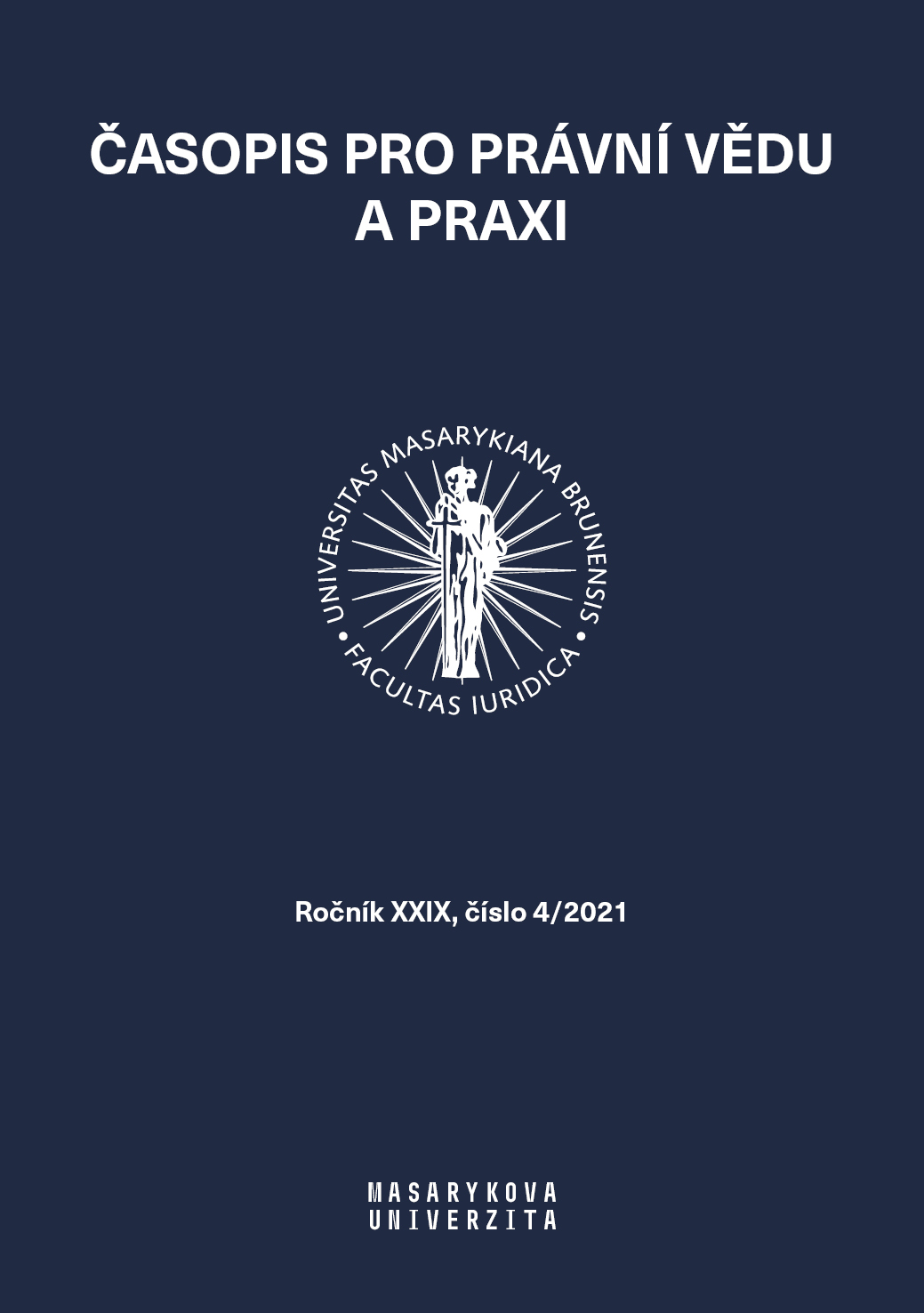Pragmatismus bez metafyziky?
Pragmatism Without Metaphysics?
Author(s): Tomáš SobekSubject(s): Philosophy of Law
Published by: Masarykova univerzita nakladatelství
Keywords: Ontological Commitments; Pragmatism; Person in Moral Sense; Actual Person; Potentional Person; Fairness; Normativity; Hume’s Dictum.
Summary/Abstract: This article has two parts that are closely related. Both concern the relationship between metaphysics and pragmatism in a moral context. The first responds to Marek Káčer’s text „Why bother with the question of the existence of human rights?“ which advocates pragmatism in opposition to the ontological approach. Káčer, inspired by Rudolf Carnap, argues that the ontological question of whether X exists should be replaced by the practical question of whether it is useful to accept a language framework that allows to talk about X. In my reaction I will try to show that the opposition between the ontological and pragmatic approach is not as sharp as the author presents it. The very idea of what could and should be creates ontological commitments. I will try to illustrate this fact on the desire for fairness in relation to the moral concept of potential person. Ontological commitments are an integral part of human’s practical orientation in the world, and in this sense the ontological approach is compatible with pragmatism. The second part responds to another text by the same author, which also deals with the role of metaphysics in the justification of human rights. Káčer here uses Hume’s dictum to show the limited relevance of metaphysics to the justification of human rights. I am trying to show that Hume’s dictum, in its non-trivial version, is a metaphysical thesis rather than a logical law. However, I propose a way to deal with this problem in terms of Káčer’s pragmatism.
Journal: Časopis pro právní vědu a praxi
- Issue Year: 29/2021
- Issue No: 4
- Page Range: 825-834
- Page Count: 10
- Language: Czech

